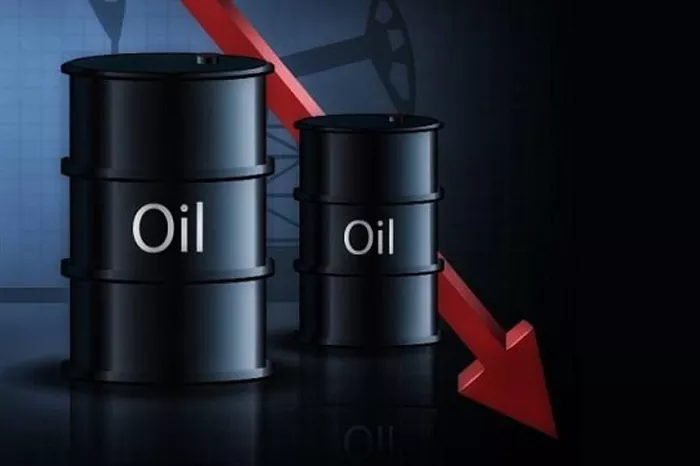Oil prices experienced a decline on Tuesday, continuing their downward trend from the previous session as worries over demand in China, the world’s largest importer of crude, persisted despite geopolitical tensions in the Middle East.
According to data as of 0640 GMT, Brent crude futures fell by 40 cents, marking a decrease of 0.5% to settle at $79.38 per barrel. Similarly, U.S. crude futures dropped by 43 cents, or 0.6%, to $75.38 per barrel.
The market sentiment was notably influenced by a series of disappointing economic indicators from China. Reports indicated that China’s manufacturing activity might have contracted for the third consecutive month in July, as revealed by a recent Reuters poll. Moreover, Citi revised down China’s growth forecast from 5% to 4.8% following lower-than-expected second-quarter growth figures, underscoring ongoing economic challenges throughout July.
Analysts expressed cautious sentiments regarding the near-term outlook. Emril Jamil, a senior analyst at LSEG Oil Research, highlighted concerns over weakened domestic demand in China and the potential for output increases by certain OPEC+ members in the fourth quarter. Additionally, he noted that ongoing tariff tensions with Europe and the U.S. could further influence China’s demand for crude in the coming months.
Market attention also focused on China’s upcoming Politburo meeting, anticipated later this week, which could introduce new economic policy measures. However, expectations remained tempered following the Third Plenum in mid-July, which reiterated existing economic policy goals without significantly bolstering market confidence.
In the geopolitical sphere, oil prices had dropped by 2% in the previous trading session after Israel indicated a measured response to a recent Hezbollah rocket strike in the Israeli-occupied Golan Heights. This stance was reportedly influenced by diplomatic efforts from the U.S. aimed at preventing escalations that could potentially destabilize the Middle East region.
Meanwhile, in Venezuela, political developments added to market concerns. Despite the national electoral authority declaring incumbent Nicolas Maduro the winner of the election with a third-term victory, the opposition claimed to have secured 73% of the vote. Analysts from ANZ noted that Maduro’s victory could lead to tighter U.S. sanctions, potentially reducing Venezuela’s daily exports by 100,000 to 120,000 barrels.
As doubts over electoral transparency lingered, protests erupted across Venezuela, with calls from various governments, including Washington, for a comprehensive vote recount to ensure the legitimacy of the election results.
The combination of economic uncertainties in China, cautious geopolitical maneuvers in the Middle East, and political developments in Venezuela contributed to the day’s market dynamics, reflecting broader concerns within the global oil market.
Related topics:

